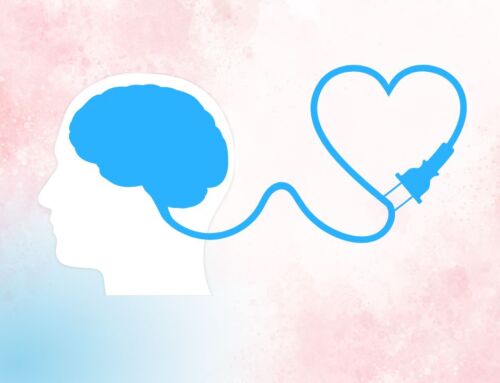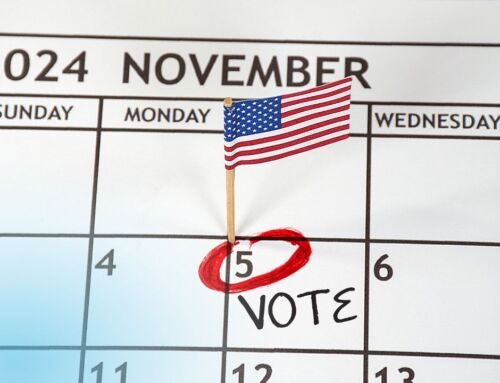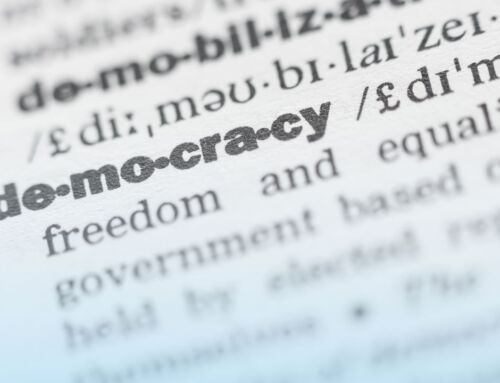We all know what it feels like to be going about our business and be emotionally blindsided by someone in a state of anxiety, anger, or unrest. Even if we had been feeling pretty alright before that, it can be challenging to leave those kind of interactions without absorbing some of those emotions ourselves. On the flip side, though, we can be having a crappy day and find ourselves around people who are loving and kind and happy and it lifts us up.
I was in the emergency room with my daughter recently and she and the doctor just didn’t jibe. Their energies didn’t match up, and they weren’t a good fit. His bedside manner wasn’t compassionate or empathetic, and she became defensive and angry.
At one point, he came into the room and said, “I can feel your displeasure all the way out in the hallway.” At the time I thought, “Wow… what a $%^&*! Keep it to yourself! That’s not helpful!” I share it with you now as a perfect example of how anger and anxiety can spread like wildfire once it’s present.
In fact, a group of scientists did an experiment to see if they could prove anxiety is contagious. They took pairs of mice and exposed one to a mild form of stress before returning it to be with the other unstressed mouse. What they discovered is that the formerly unstressed mouse became stressed when exposed to the stressed mouse.
So: bad news, folks — anxiety is contagious… but fortunately, so is happiness. To be more responsible social citizens, we can all focus on spreading more happiness than anxiety in the world, and mindfulness is a great way to do this.
Here are some mindfulness tools to try next time you’re feeling anxious:
Be aware of your internal landscape. If you’re aware that you’re emotionally in the bottom of a snake pit and just want to eat worms, see if you can make a shift before you put yourself out into the world. Once you notice it, then you can work with it.
Try R.A.I.N.
R – Recognize your emotional state. A – Allow it to be there. I – Investigate gently why you feel this way. Regardless of whether you’re responding to everyday frustrations or large-scale, upsetting world events, your feelings are valid. You’re having a moment, and that’s real. N – Nurture yourself. Put your hand on your heart, releasing oxytocin and endorphins, and ask yourself: What do I really need to hear right now? What would make me feel better? Answer these questions, then give that to yourself. For example: You’re strong. You’ll get through it. This too shall pass. Whatever platitude you want to give yourself that will actually make you feel better, use it!Rick-Hanson the whole thing. (I just made him a verb — see that?) Push a positive mental state into your mind, let it land, and create a positive neural trait.
If you’re able to shift yourself into a more positive state of mind, you’ll benefit not only your own mind and body, but also those of everyone you encounter.
How cool is that?




















